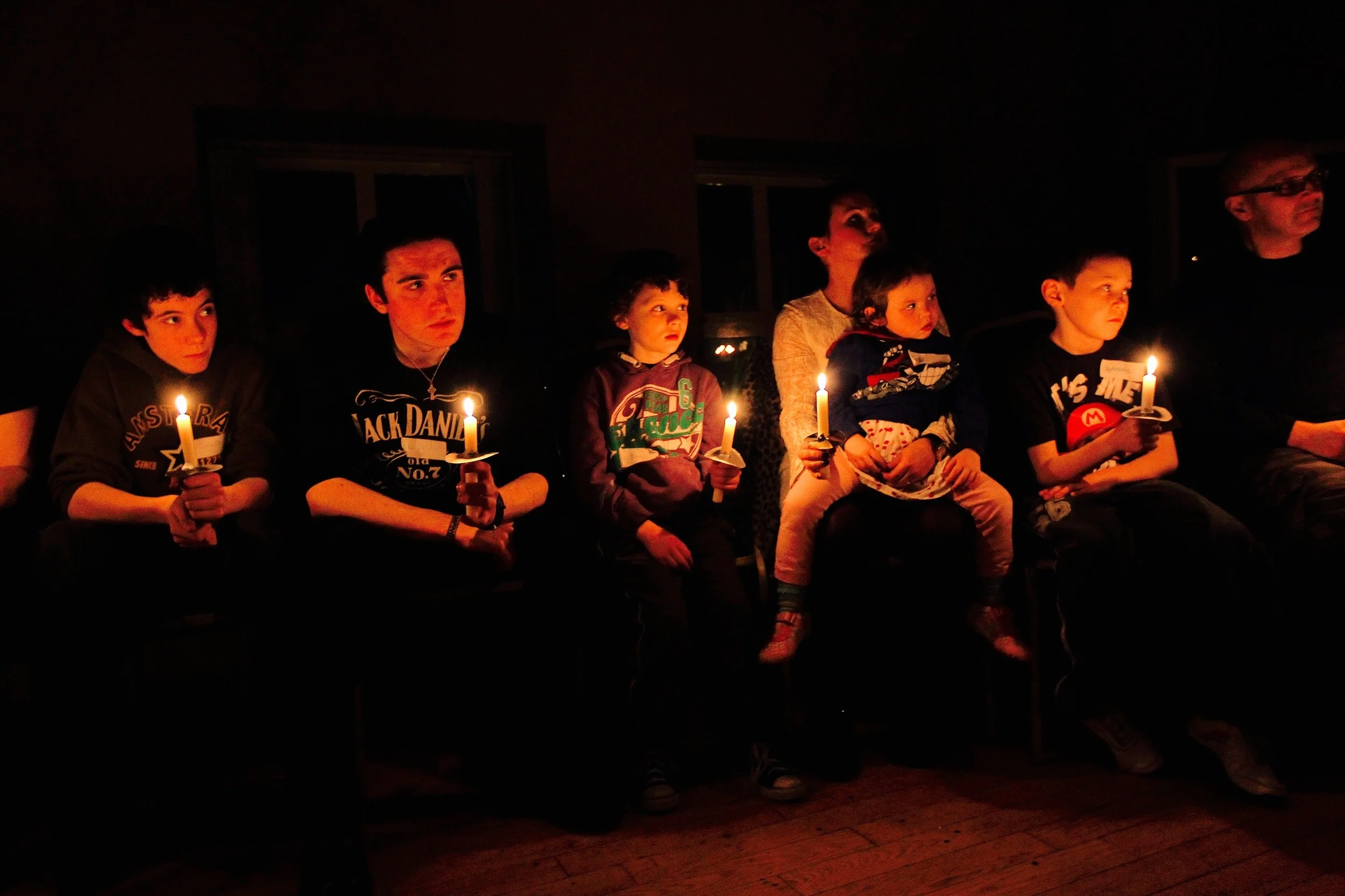#TimeToTalkDay, created by Mind and Rethink Mental Illness is the nations biggest mental health conversation. We know that sharing our thoughts and feelings holds the power to reshape our lives . Especially in a time when grief can destroy all we have ever known and change the course of our future in more ways than one. That’s why this year we are supporting the #TimeToTalk campaign this year as a way to support children and young people who have been bereaved and the devastating impact this can have upon mental health and well-being. However you choose to start the conversation, whether that’s about your own grief or in a way to support someone you love, take a look at our top tips below:
How to support yourself:
Be honest in how you are feeling. We understand that sharing how you are truly feeling can be daunting and overwhelming. But, only good can ever come of this. Whether that is a loved one understanding what they can do to support you or allowing you to gain access to the more suitable support services.
Seek support in specialised services. Whether that support is through your GP, Cruse Bereavement Support or an online platform such as bereavement support group - find what works best for you. You never have to grieve alone - there is a community of bereaved young people out there ready to walk alongside you on your grief journey.
Know that talking doesn’t need to be your outlet. Not all bereaved young people feel comfortable in sharing their thoughts and feelings surrounding their grief and that is ok. If you don’t feel like talking, be sure to find a different outlet which works for you. If things become overwhelming and difficult to cope with, then it might be the time to share these feelings with a parent, guardian or friend you can trust.
How to support others:
Give them your time and attention. Show up and be present - a loved one choosing to share their grief with you can be scary and anxiety-provoking. Be sure to be in the moment with them.
Don’t try to fix it. Simply, grief is unfixable, nothing you can say or do can fix that they loved one is gone. The reality is that trying to ‘fix’ their loss can leave them feeling unvalidated in their grief. Just being there and offering a listening ear is sometimes more than enough. To be seen is to be heard.
Ask Twice and ask questions. We tend to ask ‘how are you'?’ in everyday conversation to be polite, without really paying attention to the response. For comfortability, we tend to answer along the lines of ‘fine, thanks - and you?’. But really, what if we aren’t fine? By asking twice, it allows you to reinforce your genuineness in your question. By also asking further questions, it allows natural room for the conversation to grow. If your loved one doesn’t feel ready to answer truthfully now, that is ok and you haven’t done something wrong. Instead, they will now know you are someone they can open up to in the future.
Keep it informal. You don’t have to organise a formal, counselling type session to truly support your loved one. Don’t over think it - your willingness to show up will send a clear message to your loved one in the midst of their grief. Why not organise a walk, a chat over a cuppa or even send a text.
Look after yourself, too. Caring for someone who has been bereaved and seeing the impact this can have upon their mental health can be distressing. Be sure to practice self-care and take time to look after your mind. You could even find a friend or family member which you could approach about hoe supporting your loved one is making you feel as a way of release. It’s important to look after you too.
It’s ok to stay silent. You don’t need to fill all the gaps in the conversation with words. Sometimes, just taking the time to let the words fill the room and digest what has been said is both empowering for you and your loved one you are supporting.
Grief can affect every part of our being, whether that is our physical, social, spirtual or mental well-being. It is always important to find what can help you to feel less alone on the darker days. Maybe that is talking or maybe it’s not. Whatever it is, Cruse Bereavement Support are here to help you navigate your way through those difficult times. If you’d like to speak to someone about how you are feeling, reach out to us via email anytime: hopeagain@cruse.org.uk.
You can also call the freephone Cruse helpline on: 0808 808 1677.
If you’re over 18, you may also like to chat with a trained grief counsellor by using the CruseChat on the Cruse website. Their services are open Monday-Friday, 9am-9pm.






